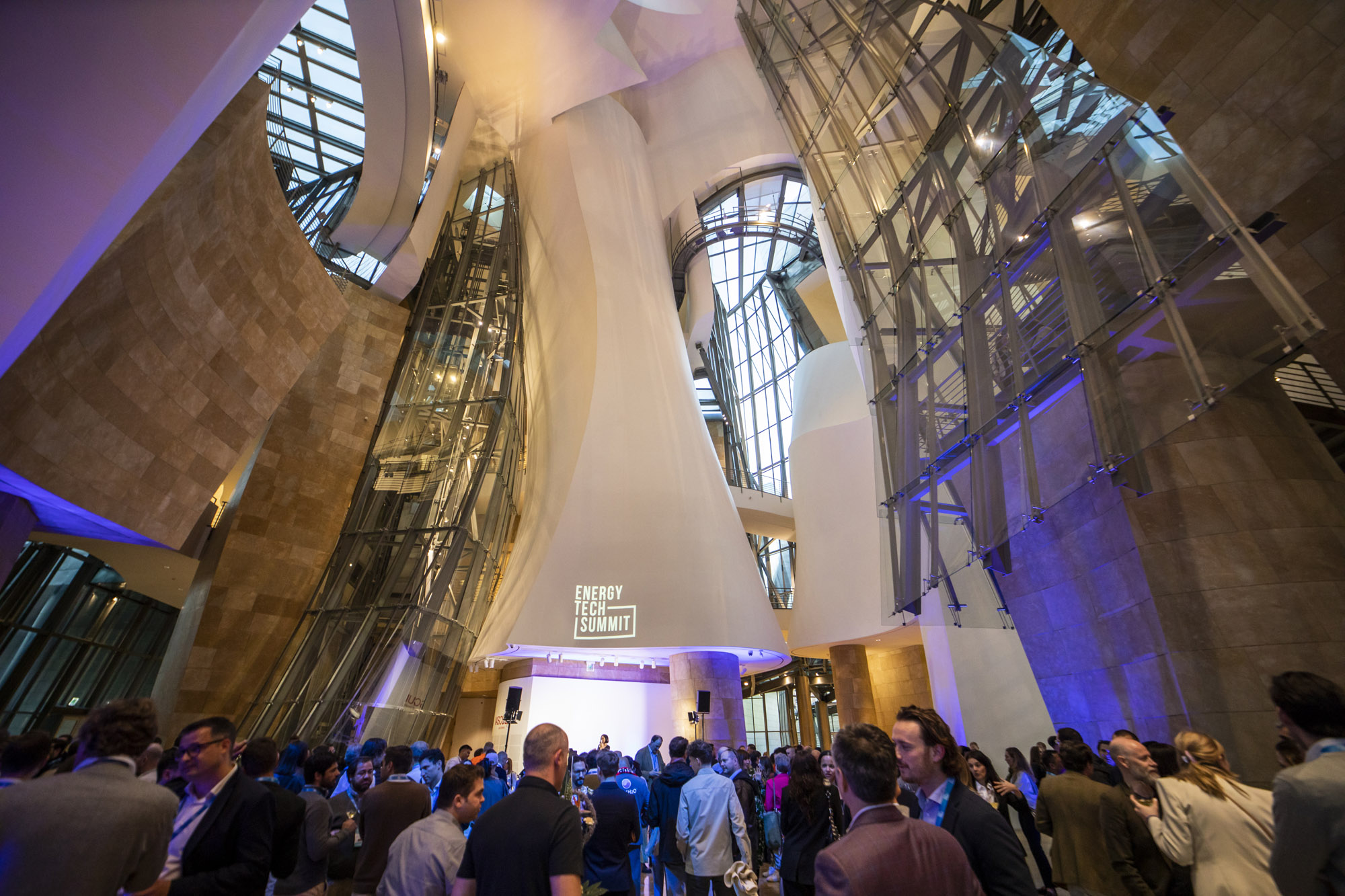The entrepreneurs working to put Lima on the innovation map
Start-ups from a variety of sectors are sprouting forth in the Peruvian capital, with investment in local projects multiplying and the birth of a unicorn expected to strengthen this budding ecosystem. Start-up creators are triumphing despite a lack of support for entrepreneurship in Lima thanks to their hard work and adaptability.
The location and climate of Peru’s capital, Lima, are full of contrasts. Overlooking the Pacific Ocean, water gives the city its name (thought to come from the Rímac River that flows through it) whilst the high humidity creates a persistent fog. Yet the city is located in a desert, and rainfall is scarce: they say it never rains in Lima, only drizzles or spits.
The entrepreneurial ecosystem of the city, which with its 9.6 million inhabitants makes up almost a third of the Andean country’s population, is also a mixture of abundance and drought. On the one hand, Lima already has start-ups that have expanded throughout the region while its investors are flooding emerging projects with more and more funding, and its hub is the fifth most important in South America, behind São Paulo, Santiago de Chile, Bogota and Buenos Aires.
On the other hand, the innovative market is still young (pre-seed and seed stage start-ups made up the majority of investments in 2021), there is still no unicorn, the economic situation poses some challenges and innovators are demanding more institutional support. “The political and social situation is unstable, but Lima’s entrepreneurs are resilient and move forward,” says Aurora Otoya, leader of BBVA Open Innovation in Peru. Three heads of local start-ups share the contrasts they have encountered on their tour of the region.

The learning and development platform that is aiming for a unicorn in Lima
According to the Peruvian Association of Seed and Entrepreneurial Capital (PECAP), venture capital funds injected US$124.3 million (€120 million) in 2021, almost triple that of the previous year. “It’s not just the start-ups receiving funding who benefit: the fact that investors are focusing on Peru also benefits others,” says Otoya.
Edtech, a technological trend of 2022 for BBVA Open Innovation, e-commerce, fintech, logistics and foodtech are the sectors that received the most investment in Peru in 2021. In the educational sector, the online education platform Crehana has the upper hand. The Lima-based start-up offers more than 1,000 online courses in areas such as data analytics, digital marketing and innovation. The company raised US$70 million (67 million euros) last year and is emerging as the first Peruvian unicorn, i.e. the first start-up to reach a valuation of US$1 billion before going public.
Founded in 2013, the support received by the Endeavor Peru network was key in Crehana’s early years, according to its Chief Sales Officer, Eduardo Airaldi: “the most valuable thing in the beginning was networking with other organisations that allowed us to move and grow.” Crehana is now present throughout Latin America and has more than six million students.
Its ability to pivot from the b2C to B2B model has been key to its success. “With the pandemic, companies had to find solutions to train their employees and adapt,” notes Airaldi. In his opinion, Lima “is an increasingly innovative market, but it is not yet advanced in terms of adopting technologies such as artificial intelligence, blockchain or big data”. Crehana’s training can help them to implement them.
Beyond Crehana, other start-ups from Lima that closed million-dollar financing rounds in 2021 and have expanded to other markets include Chazki, a last-mile logistics app; Manzana Verde, a platform that manages healthy eating plans; and Olaclick, devoted to digitalising restaurants.

An opportunity for financial innovation
Peru’s fintech ecosystem grew by 69% between 2017 and 2021 to 132 start-ups, according to the International Development Bank. A high figure in a country where only 51.9% of the population has an account in the financial system. “There is a lack of bank use in our market, and this is a great opportunity for fintech companies,” says Aurora Otoya, of BBVA Open Innovation Peru.
In the words of its co-founder and CEO, Lima native Victor Morales, the start-up Alfi was born to “fight financial illiteracy and exclusion”. It is headquartered in Chile, as it was easier to do business there, but it also operates in Mexico and Peru. In Peru, it conducted a pilot project with BBVA to promote the financial education of its customers, using its gamified platform. What´s more, Morales works with the BBVA Foundation to “reach agreements with organisations such as universities and provide financial education to other audiences”.
Another of the fintech companies that collaborates with BBVA Peru is Comparabien.com, a financial product comparison platform that has made the leap to Colombia, Brazil and Spain. Its CEO, Alfredo Ramírez, founded the company in Lima in 2010, when “there were no funds, investors or companies helping start-ups”, meaning he drove it with his own funds. Later, he gained the support of Startup Peru, a government program that co-finances entrepreneurial projects. “Today, a Peruvian start-up can receive support quickly, and there are more companies like BBVA that are committed to innovation,” says Ramírez.

The drive to go further
But what does Lima’s fintech and innovative ecosystem still need in order to consolidate itself? Although Peru has taken measures to stimulate financial innovation, such as establishing crowdfunding regulations and a sandbox or testing ground to drive innovation, there are still no specific regulations as in Mexico. The Peruvian Fintech Association, of which Morales is second vice-president, therefore calls for “fintech regulation in which start-ups participate in order to clarify market rules and generate the confidence to attract investment”.
Alfi’s CEO also believes that “there is no ambition to take advantage of the technology boom at a national level” and thinks that the government should launch more public initiatives to support entrepreneurs. Ramírez, from Comparabien, agrees that there is a lack of action being taken to boost the ecosystem, as well as a lack of vision to “attract companies from abroad to help the hub grow”.
Despite these pending improvements, Lima entrepreneurs like Morales and Ramírez are helping to put Lima’s start-ups on the map. “Peruvian entrepreneurs are very good at finding non-traditional solutions to problems,” Morales notes. In a similar vein, Ramirez points out that: “in other countries, the road is smoother, but here it’s a jungle which you have to make your own way through. The lack of support breeds a great capacity for innovation”.
Little by little, the ecosystem “is moving towards maturity,” according to Aurora Otoya, head of BBVA Open Innovation Peru: “We are going to find increasingly mature start-ups with stronger rounds which will not only bring about a unicorn but a whole zoo of robust ventures.” The work of entrepreneurs and large companies is already bearing fruit, meaning that Lima is becoming an increasingly green territory for innovation, and its sharp contrasts are softening to make the road more friendly to entrepreneurs.
Pese a esas mejoras pendientes, emprendedores limeños como ellos ayudan a situar las ‘startups’ de Lima en el mapa. “El emprendedor peruano es muy ingenioso para encontrar soluciones no tradicionales a los problemas”, subraya Morales. En la misma línea, Ramírez defiende: “En otros países, el camino está más armado, pero aquí hay una jungla donde tienes que abrirte paso. La falta de apoyo genera una gran capacidad de innovación”.
Poco a poco, el ecosistema “camina hacia a la maduración”, según la responsable de BBVA Open Innovation Perú, Aurora Otoya: “Va a haber ‘startups’ cada vez más maduras y con rondas más fuertes no solo para lograr un unicornio, sino un zoológico de emprendimientos robustos”. El trabajo de emprendedores y grandes compañías ya está dando sus frutos para que Lima sea un territorio cada vez más verde para la innovación y que sus contrastes acusados se suavicen para hacer el camino más amable a los emprendedores.



